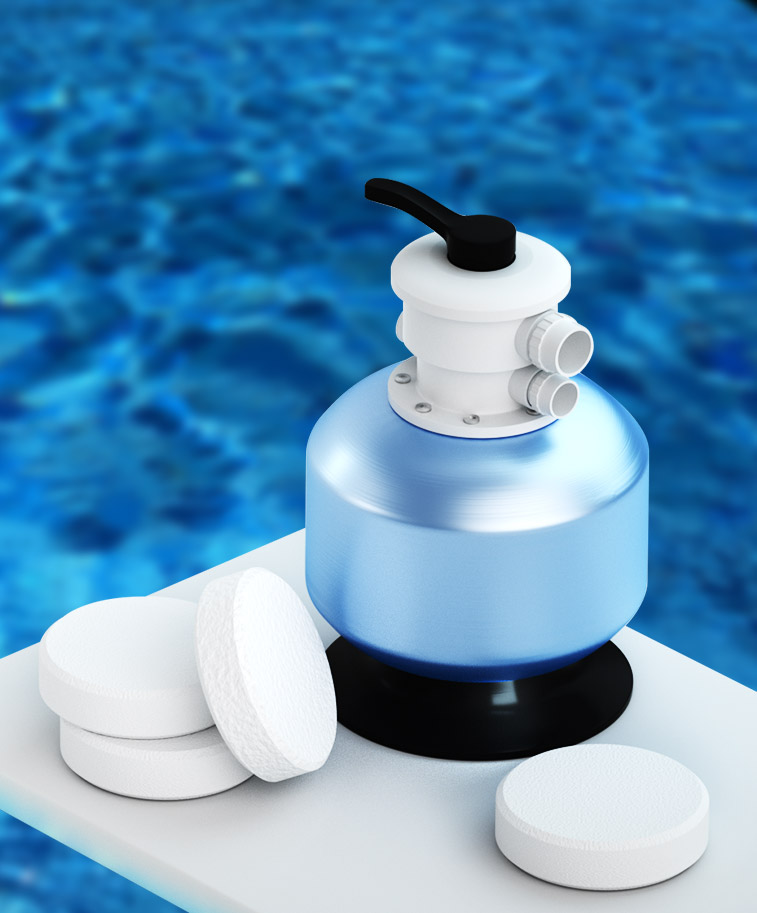Scientists report the fabrication of a graphene oxide (GO)/polyvinylpyrrolidone (PVP) composite coating on 316L stainless steel (SS) with superior antibacterial and anti-biofouling performance using electrophoretic deposition (EPD).
At an optimal EPD condition (10 V, 60 s), PVP and GO concentrations of 0.03 and 0.1 wt%, respectively, a uniform crack free coating with superior antibacterial and anti-biofouling properties is obtained.
The antibacterial activity of the coated specimens using marine bacterial isolates of Gram-negative Pseudomonas sp. and Gram-positive Bacillus sp. showed a four order reduction in bacterial density, and a significant decrease in the biofilm thickness on the GP specimens. The enhanced antibacterial activity was due to the disruption of cell membranes by sharp edges of GO surface and oxidative stress imparted due to reactive oxygen species.
Surface with excellent antibacterial and anti-biofouling properties
The enhanced surface hydration by PVP inhibited the adhesion and growth of organic molecules on GP coating. Further, the enhanced photocatalytic activity of GO due to the presence of PVP also increased the generation of H2O2 in GP coatings as compared to GO coating. These results show that GP composite coating is a promising candidate to tailor 316L SS surface with excellent antibacterial and anti-biofouling properties.
The study has been published in Progress in Organic Coatings, Volume 158, September 2021.
